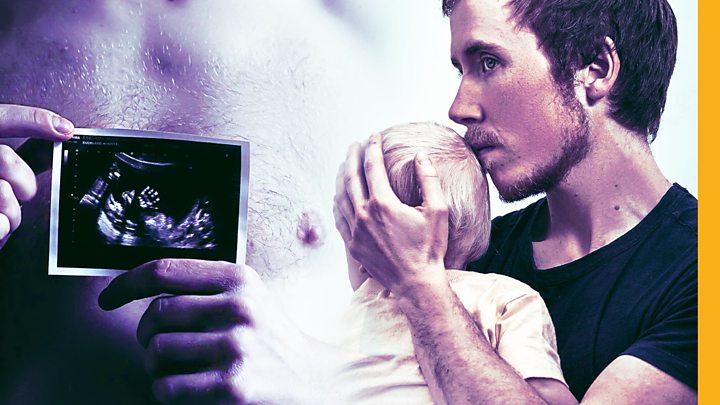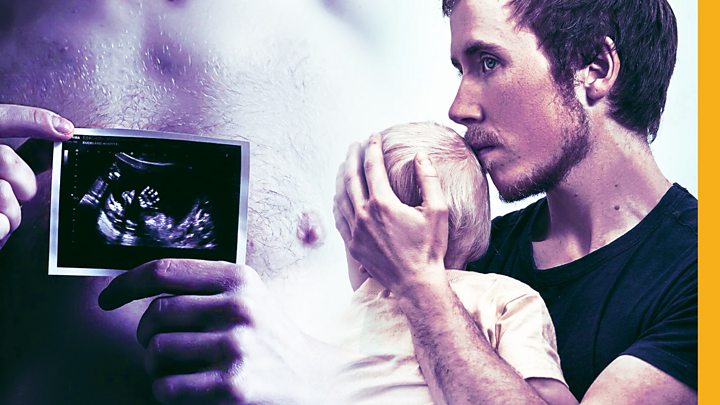‘Seahorse’ transgender man loses challenge to be named father
A court rules Fred McConnell, who gave birth to a child, must be named “mother” on a birth certificate. …


Media playback is unsupported on your device
A transgender man, who has given birth to a child and does not want to be described as “mother” on a birth certificate, has lost a legal battle.
Freddy McConnell wanted to be registered as “father” or “parent”.
But a High Court judge ruled the status of “mother” was afforded to a person who carries and gives birth to a baby.
He said while Mr McConnell’s gender was recognised by law as male, his parental status of “mother” derives from the biological role of giving birth.
A lawyer representing Mr McConnell, a journalist at the Guardian, said an appeal was being considered.
During the trial in London, the High Court heard how Mr McConnell was a single parent, who was born a woman but now lived as a man following surgery.
He was biologically able to get pregnant and gave birth to a baby boy last year, but had legally become a man by the time of the birth.
Mr McConnell’s journey to parenthood was documented in a film called Seahorse and included his thoughts and footage of him going through fertility treatment, conception and the birth of his baby boy.
When he registered the birth of the child, he was told by a registrar that the law required people who give birth to be registered as mothers, the court heard.
Mr McConnell took legal action against the General Register Office, which is responsible for the registration of births and deaths in England and Wales, accusing it of discrimination.
He said it breached his human right to respect for private and family life.
Analysis: ‘A missed opportunity’
By Ben Hunte, BBC LGBT correspondent
Initial reaction to the judgement has been varied – as well as transphobic comments being shared online, some people in support of the transgender community have also said they think that today’s ruling was correct.
Some transgender individuals I have spoken to say they are deeply disappointed by this ruling, but they are not surprised by it.
Aside from legality, some see this decision as a missed opportunity to send a much-needed positive message about transgender identity.
Legal representatives have told me that they are hopeful that if Freddy does not appeal, other transgender parents will continue with their fight for equality.
The ruling means that transgender people will not be recognised as their trans identities in all areas of their lives; in some circumstances, like this, they will now be forced to “out” their birth gender.
A transgender father, whose child calls them “Dad” will have their father listed on their birth certificate as their mother.
One transgender individual told me that this will cause further anxiety around trans parenting.
Had he been successful, Mr McConnell’s son would have become the first person born in England and Wales not to legally have a mother.
In his ruling, Sir Andrew McFarlane, president of the Family Division of the High Court, said: “There is a material difference between a person’s gender and their status as a parent.
“Being a ‘mother’, whilst hitherto always associated with being female, is the status afforded to a person who undergoes the physical and biological process of carrying a pregnancy and giving birth.
“It is now medically and legally possible for an individual, whose gender is recognised in law as male, to become pregnant and give birth to their child.
“Whilst that person’s gender is ‘male’, their parental status, which derives from their biological role in giving birth, is that of ‘mother.'”
Karen Holden, founder of A City Law Firm, who is representing Mr McConnell, said: “Equality shouldn’t have to come at a price, but this case has taken three years, hours of work and manpower, public attention and yet the courts still failed to help this family set out its actual family structure correctly in terms of its legal status.
“A birth certificate will stay with a child for life and it will be factually and legally inaccurate under current rules.”




